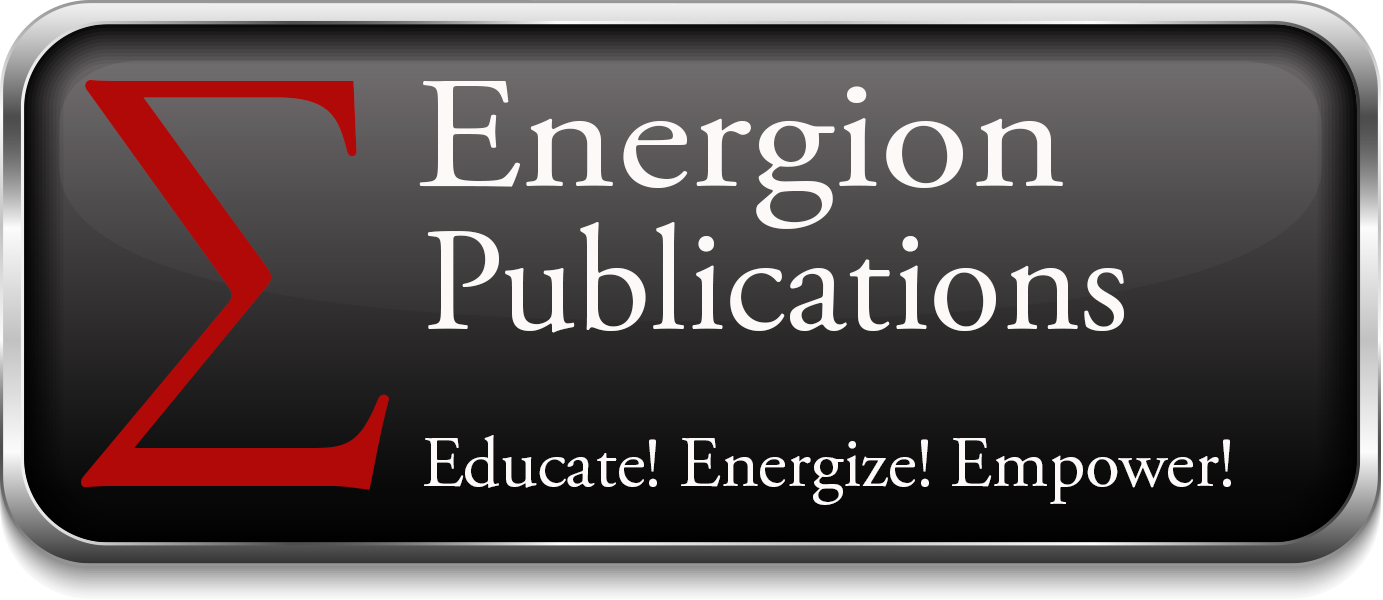Interview Tonight with Dr. Herold Weiss
Concerning Dr. Herold Weiss’s forthcoming book Meditations on the Letters of Paul Dr. Bruce Epperly writes:
Dr. Weiss’s book truly captures the spirit of the Apostle Paul. Paul comes alive in this text, which addresses the whole person and not just the intellect. Dr. Weiss invites the reader to experience Paul’s vision and understand the historical settings that inspired Paul’s Letters. Readers will discover a living Paul, imperfect yet insightful, mystical yet practical, activist yet contemplative, and evangelical yet universalist. This text is a creative addition to the literature on Paul. It is scholarly, yet accessible to the committed layperson. It deserves to stand in the company of Pauline texts such as those penned N.T. Wright, Marcus Borg, John Dominic Crossan, and Jouette Bassler. This text will inspire pastors, professors, seminarians, and educated laypersons.
 I found reading Dr. Weiss’s previous book, Meditations on According to John: Exercises in Biblical Theology, to be one of the most profound reading experiences I’ve had in reading and editing theological texts. I found myself continually consulting the text of John and then reviewing my own theology, often finding myself examining aspects that appeared well removed from the starting topic.
I found reading Dr. Weiss’s previous book, Meditations on According to John: Exercises in Biblical Theology, to be one of the most profound reading experiences I’ve had in reading and editing theological texts. I found myself continually consulting the text of John and then reviewing my own theology, often finding myself examining aspects that appeared well removed from the starting topic.
I have been challenged even more by this new book. We are within a day or so of sending it to the printer, and are keeping it at the pre-order price of $10.50 (suggested retail will be $14.99). That’s enough to make shipping free.
In addition, I’ve chosen to do a book launch interview with Dr. Weiss on my Thursday night online Bible study tonight at 7:00 PM Central Daylight Time. Please join me and bring your questions.
Since my current topic is eschatology, some may wonder just why I would add this interview to the study. The answer is simple. In the first chapter of the book, Dr. Weiss talks about Paul working with an apocalyptic symbolic universe. So:
Paul found meaning for the crucifixion and the resurrection of Christ in the basic apocalyptic framework of the Fallen Creation, the Age of Messiah and the Age to Come. For him the Good News was that the crucifixion of Jesus had put an end to the dominion of Satan on the Fallen Creation, and the resurrection of Christ had established the Age of Messiah as the New Creation. Any day soon the Age to Come would displace the Age of Messiah…. (p. 18)
In the next chapter, titled “Faith, Hope, and Love,” he develops this further:
With two conditional sentences he takes away all claims to perfect knowledge and affirms, instead, the efficacy of love. “If any one imagines that he knows something, he does not yet know as he ought to know. But if one loves God, one is known by him” (1 Cor. 8:2 – 3). Christians do not trust what they know. They trust the God who knows them.
For Paul, faith and hope in God is not what ultimately count. A Christian’s participation in the life of the Spirit, which is life in God, is only made evident by the life of love that reveals God’s knowledge of that individual. The theological affirmations and the religious claims of Christians are not ultimately tested by their logic or by appeals to a biblical quotation. They are tested by the way in which the Christians who make them live out their faith and hope through acts of love, by whether their manner of life is worthy of the gospel. (p. 29, emphasis mine)
In my study of eschatology I have tried to make the point that eschatology is not primarily, possibly not at all, about making charts of supposed end times events. It is much deeper than that. It’s Christ-centered, in that it must start from the cross and the resurrection, looking back to creation and forward to a new creation.
I want to explore these ideas with Dr. Weiss in an informal conversation. Again, I invite you to come join us.

